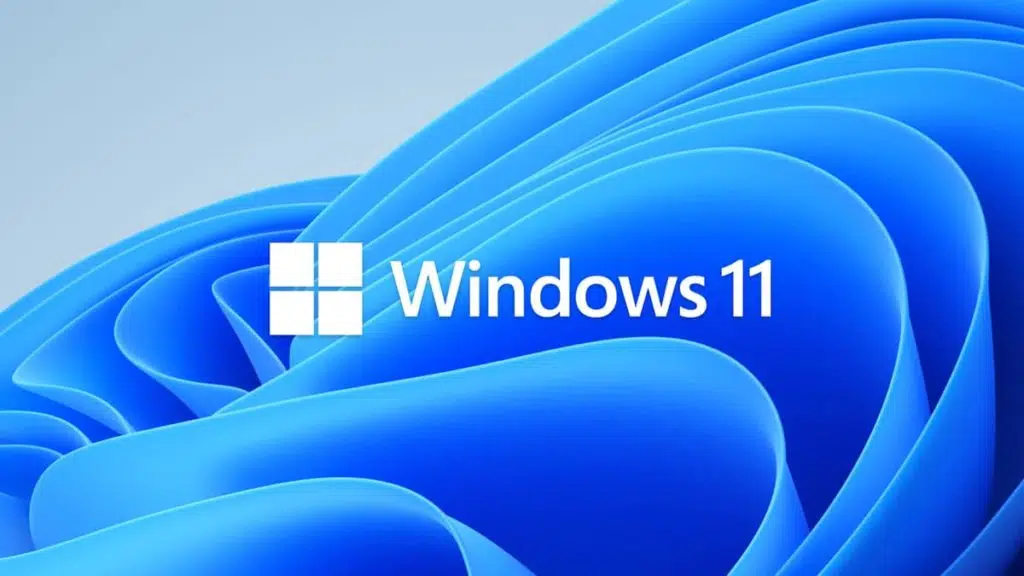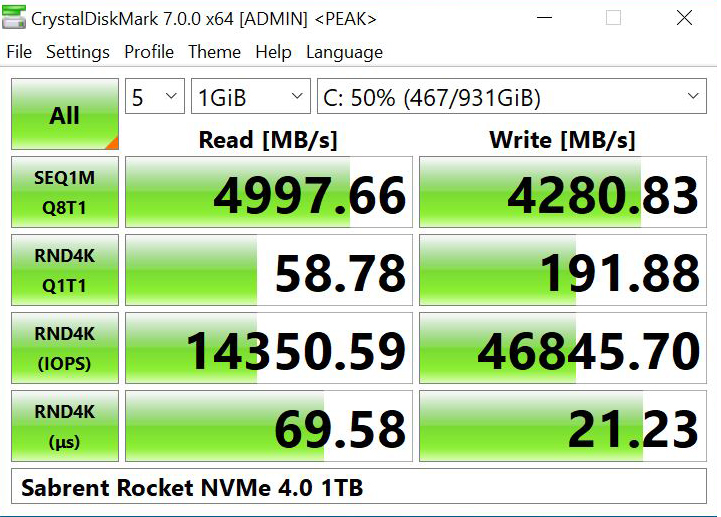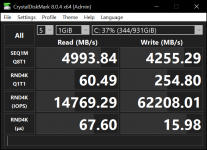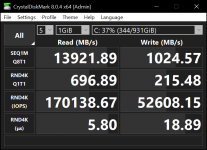Image: Microsoft
Windows 10 users who have decided to hold off on upgrading to the latest version of Microsoft’s hugely popular OS have probably made the right decision, as the problems for Windows 11 appear to be piling up.
The latest relates to SSD performance; some users on the web are reporting that their NVMe drives are operating worse on Windows 11. More specifically, the OS seems to be crippling either the IOPS or read/write performance of various drives such as Samsung’s 970 EVO Plus and WD SN520.
From Mussels84, showing reduced writes on Windows 11 vs. Windows 10...
Continue reading...



